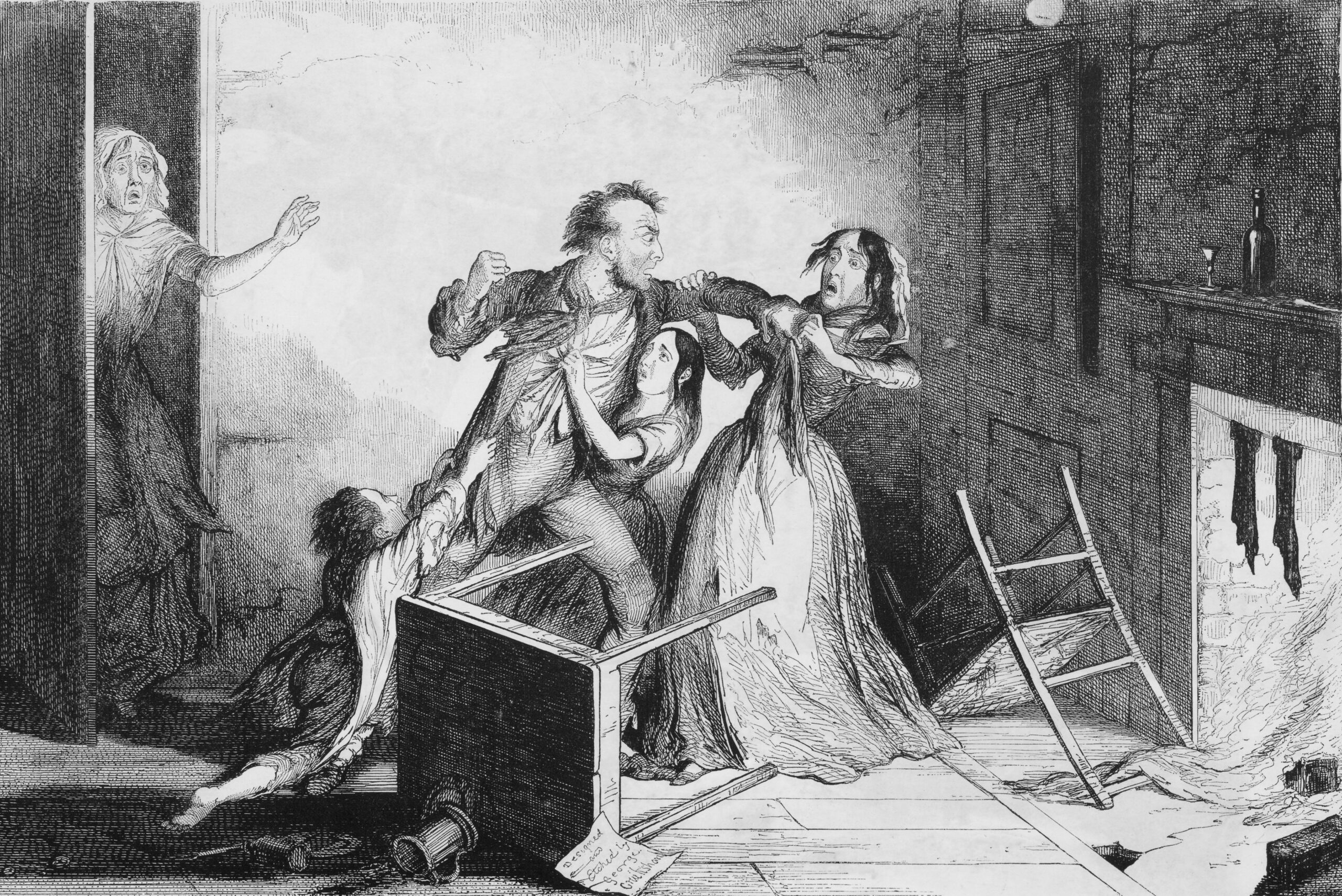The Intersection of Prohibition and Family Dynamics

Prohibition was a time of great turmoil in American history, spanning from 1920 to 1933. This era, marked by the nationwide ban on the sale, production, and transportation of alcohol, led to unexpected social and economic shifts. Families across the nation were caught in the crossfire of these changes, walking the tightrope between law and necessity, right and wrong.
One such story that remembers this period is portrayed in the book “One-Legged Uncle Jesse,” which focuses on J.W. Stewart’s journey through the shadowy world of the illegal alcohol trade and its impact on his family.
J.W. Stewart, the father of Arvis, was caught up in the complex realities of the Prohibition era. Rather than seeking to support his family through the illegal alcohol trade, J.W.’s involvement in this dangerous enterprise was more about escaping the overwhelming grief following the death of his son.
The economic hardship of the era forced many to seek alternative sources of income, often leading them down paths they might not have otherwise chosen. However, J.W.’s choice to smuggle alcohol from Cuba and ensure its safe passage to New Orleans by train illustrates a deeper, more personal turmoil. His descent into the illegal trade wasn’t merely about financial survival; it was a desperate attempt to drown the sorrow that had consumed his life.
J.W. Stewart’s story isn’t just about the time when alcohol was illegal; it’s also about the complicated relationships in his family. When a child passes away unexpectedly, J.W. starts to fall apart, moving away from his family and starting to do things that are against the law. This scenario encapsulates the broader societal impacts of Prohibition, where economic and personal turmoil often drove individuals to desperate measures.
Prohibition didn’t just change the way money was made; it also changed how families worked and related to each other. Families had to figure out what was right and wrong during this time.
On one hand, the illegal trade offered an escape; on the other, it posed significant moral and legal risks. J.W. Stewart’s story shows this struggle, illustrating the silent battles fought not just within society but within the confines of his own mind. His commitment to his illegal role, driven by his inner turmoil rather than the need to provide for his family, highlights the conflict between attempting to escape personal pain and facing moral consequences.
Additionally, the impact of J.W.’s work in the alcohol business on his family shows the wider effects that Prohibition had on society. It wasn’t just about the individual smugglers, distillers, or sellers; it was about the families that stood behind them or, in some cases, were torn apart by the secrets and dangers that such a life entailed.
Prohibition also played a significant role in altering social dynamics, breaking down pre-existing social norms, and creating new ones. The illegal alcohol trade brought together diverse groups of people, from criminals and law enforcers to common citizens, creating unforeseen social networks. For families like J.W. Stewart’s, this meant dealing with a business where allies and threats could emerge from unexpected places, further complicating the already challenging family dynamics.
When we look back at the Prohibition era through J.W. Stewart’s story, we see that this time was about more than just making alcohol illegal. This time was a tough test for families, it questioned what society thought was normal, and it changed how communities were built.
When we look at how Prohibition and family life mixed together, we see a complicated story about making it through tough times, figuring out what is right and wrong, and the strong connections within a family that holds even when things get hard.
Final Words
The tale of J.W. Stewart and his foray into the illegal alcohol trade during Prohibition, as shared in the book “One-Legged Uncle Jesse,” gives us important information about the social and economic situation of that time. It makes us think about the difficulties families had to deal with during those hard times.
It also shows how complex it was to juggle following the law, being moral, and staying loyal to family. By exploring stories like the Stewarts’, we learn more about how big historical events deeply affect people’s lives and what they pass on to the next generations.
